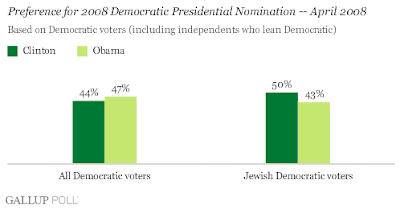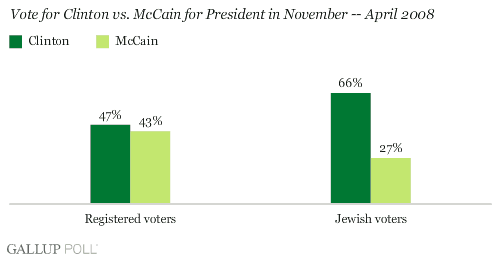Clinton, McCain, & Obama: We Stand United on Darfur
As we campaign for President of the United States over the next several months, we expect there to be significant focus on the many differences between us. [....]All three of these candidates, by the way, have long been outspoken on the need for serious action to stop the ongoing genocide in Darfur. For just a few random examples, see HERE & HERE & HERE
As we engage in this process, we are fully aware that friend and foe around the globe are watching and sometimes reacting based on their own analysis of the latest developments in the campaign.
It is with this awareness that we are taking the uncommon step of issuing a joint statement about an issue.
After more than five years of genocide, the Sudanese government and its proxies continue to commit atrocities against civilians in Darfur. This is unacceptable to the American people and to the world community. [....]
Today, we wish to make clear to the Sudanese government that on this moral issue of tremendous importance, there is no divide between us. [....]
It would be a huge mistake for the Khartoum regime to think that it will benefit by running out the clock on the Bush Administration. If peace and security for the people of Sudan are not in place when one of us is inaugurated as President on January 20, 2009, we pledge that the next Administration will pursue these goals with unstinting resolve.
--Jeff Weintraub
P.S. You can thank these three Presidential candidates for standing together on Darfur HERE.
==============================

Posted on Wednesday, 05/28/08 - 1:39 pm
WE STAND UNITED ON SUDAN
As we campaign for President of the United States over the next several months, we expect there to be significant focus on the many differences between us. After all, elections are about choices in a free society. We have had a spirited contest so far and fully expect a robust debate about issues foreign and domestic right up to Election Day.
As we engage in this process, we are fully aware that friend and foe around the globe are watching and sometimes reacting based on their own analysis of the latest developments in the campaign.
It is with this awareness that we are taking the uncommon step of issuing a joint statement about an issue.
After more than five years of genocide, the Sudanese government and its proxies continue to commit atrocities against civilians in Darfur. This is unacceptable to the American people and to the world community.
We deplore all violence against the people of Darfur. There can be no doubt that the Sudanese government is chiefly responsible for the violence and is able to end it. We condemn the Sudanese government’s consistent efforts to undermine peace and security, including its repeated attacks against its own people and the multiple barriers it has put up to the swift and effective deployment of the United Nations-African Union peacekeeping force. We further condemn the Sudanese government’s refusal to adhere to the terms of the Comprehensive Peace Agreement (CPA) that ended the conflict in southern Sudan.
Today, we wish to make clear to the Sudanese government that on this moral issue of tremendous importance, there is no divide between us. We stand united and demand that the genocide and violence in Darfur be brought to an end and that the CPA be fully implemented. Even as we campaign for the presidency, we will use our standing as Senators to press for the steps needed to ensure that the United States honors, in practice and in deed, its commitment to the cause of peace and protection of Darfur’s innocent citizenry. We will continue to keep a close watch on events in Sudan and speak out for its marginalized peoples. It would be a huge mistake for the Khartoum regime to think that it will benefit by running out the clock on the Bush Administration. If peace and security for the people of Sudan are not in place when one of us is inaugurated as President on January 20, 2009, we pledge that the next Administration will pursue these goals with unstinting resolve.





